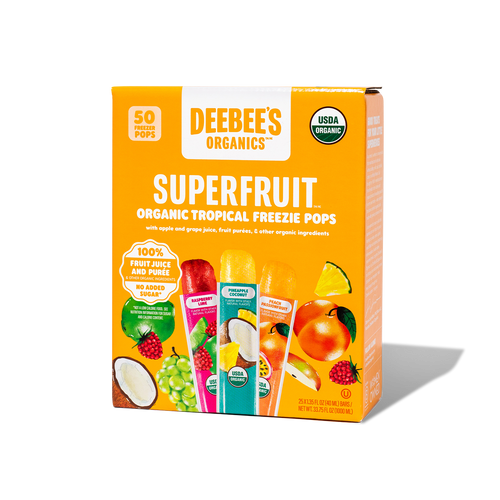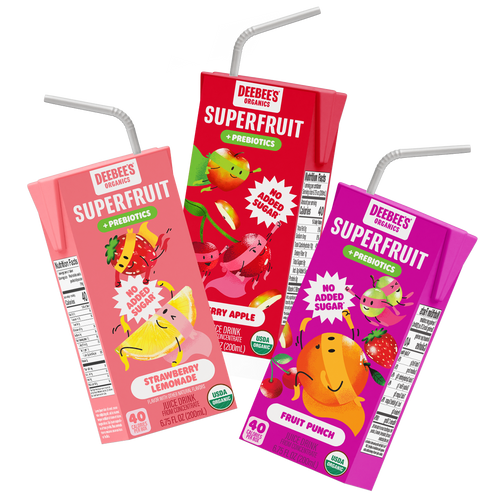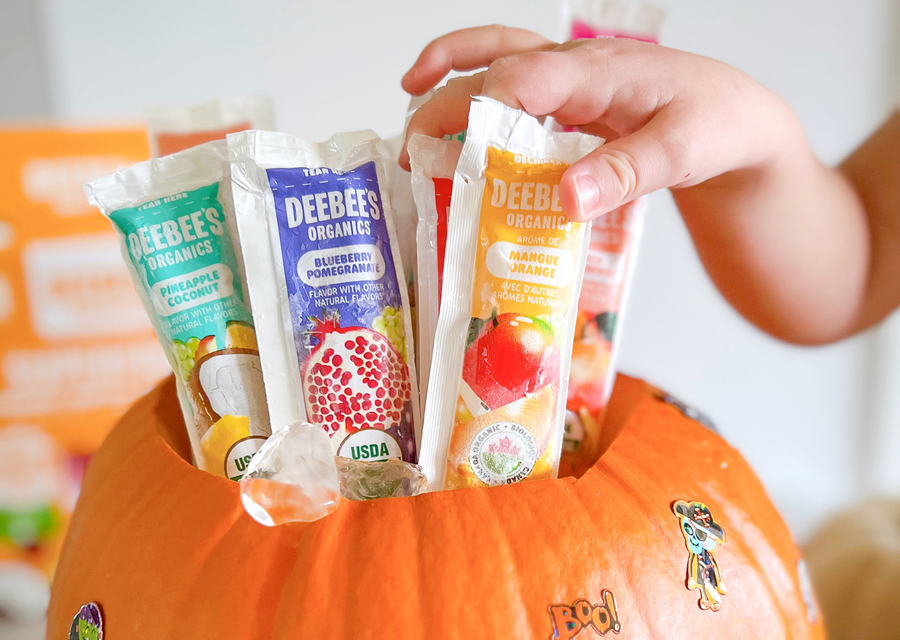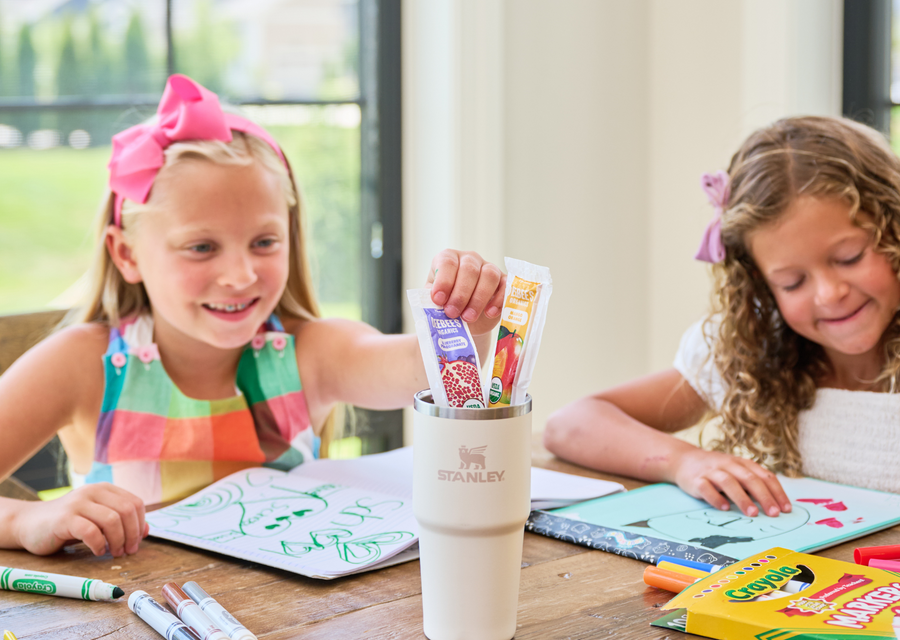When making choices for their children, parents often weigh the costs and benefits of Organics, based on their own pocket books. They may not understand that the food choices they make for their own children can have a big impact on the health and well being of children far away.
Yes, farming chemicals are detrimental for your children – that’s why DeeBee’s Organics provides organic (and delicious!) snacks for modern families. But when you understand not just where your food comes from, but who it comes from – ie, pregnant and working moms – then you see that your choices are important for children everywhere.
Farming Chemicals, Mothers and Children
We know that many pesticides can act as endocrine disruptors, neurodevelopmental toxicants, immunotoxicants and carcinogens, and that pre- and post-natal exposure can be linked to severe outcomes like childhood cancer, preterm birth and neurological deficits. And a recent study from the University of California found that heavy pesticide use in the San Joaquin Valley of California lead to birth defects in surrounding communities.
Before fruit ever gets to your plate, it has to be picked. And it’s often women who do the picking – especially low-income and marginalized women in underdeveloped countries. Moreover, fruit picking is a job that women can and do continue while pregnant, especially while in their first two trimesters – when fetal development is most severely impacted by chemicals like solvents and pesticides. So when the fruit they pick is sprayed with chemicals, it can severely impact these mothers and babies.
This is compounded by the reality that in underdeveloped regions, children will often accompany their working parents in the field. Parents can also bring home chemicals on their clothes, unwillingly passing it along with every loving hug. And chemical use on farms impacts the air and water supply for the whole region. So children who are born and raised in and around inorganic farming grow up awash in dangerous pesticides.
In short, inorganic, pesticide-heavy farming exposes underprivileged mothers, babies and children to a host of chemicals that can have a serious impact on their long term health.
As a PhD medical researcher in the field of maternal-fetal toxicology, DeeBee’s Organics founder Dr. Dionne Laslo-Baker has studied the effects of in utero chemical exposure on fetal development. It’s why we remain committed to providing healthy snacks that are good for our own children, of course, while also supporting farming practices that are good for children and communities.
Your Choice
Clearly, choosing organics isn’t just a personal choice for our own bodies and health, as much as we might like it to be. At the grocery store, a lot of people think they are weighing the choice between whatever chemicals might be on the piece of fruit they buy (maybe hoping they can wash off most of the worst of them), versus the extra cost of choosing something ‘organic.’ And they leave it at that. They make this choice in a vacuum, not understanding its wider impact.
The reality is that choosing inorganic food validates and perpetuates a system that puts all workers at risk, especially pregnant women and their unborn children.
Of course, the onus doesn’t just lie on individual consumers to make the right choice. Food companies also need to be more concerned with the broader social and environmental impacts of their supply chain choices. To learn more about DeeBee’s Organics dedication to clean ingredients, see here.





